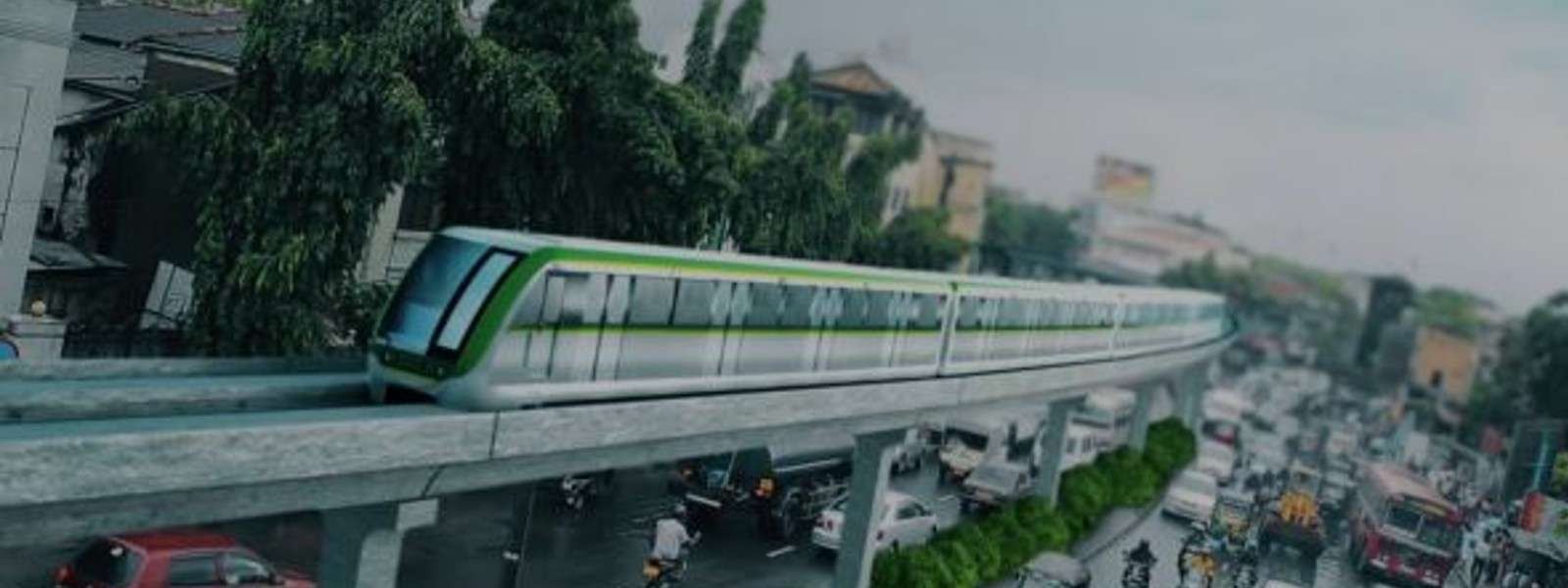
Sri Lanka Expecting to Resume Japan-Funded LRT Project
Sri Lanka plans to restart the already suspended the Light Rail Transit project.
Sri Lanka's Foreign Affairs Minister Ali Sabry, PC told reporters in Colombo that the island nation welcomes Japanese official development assistance extended to Sri Lanka over the past decades through the Japan International Cooperation Agency, JICA as one of Sri Lanka's key development partners.
Addressing the same briefing in Colombo was the Minister of Foreign Affairs of Japan Yoko Kamikawa who conveyed Japan's intention to further support Sri Lanka's development by swiftly resuming existing yen loan projects.
In July 2023, Sri Lanka's Cabinet of Ministers gave the green light to decide on a time frame to enter into an agreement with the Japanese mission in Colombo on reactivating the discussions on the proposed Light Railway Transit (LRT) project.
In April 2023, Sri Lanka's Ministry of Urban Development and Housing said it has called for a report from an expert committee for the re-implementation of the Colombo Light Rail Transit Project that was scrapped by the Gotabaya Rajapaksa administration.
A proposal to re-implement the Colombo Light Rail Transit Project was put forward to the Finance Ministry, and the report has been call for by the National Operation Center.
The Colombo light rail transit (LRT) project is the first of its kind to be developed in Colombo, the capital city of Sri Lanka.
In 2019, the Government of Japan agreed to grant loan assistance of USD 1,800 million for the Light Rail Transit System (LRT) project as a solution for the traffic congestion on Colombo city and suburbs.
The LRT System was designed to construct a 17 km long elevated rail track including 16 stations to cover important and major intersections from Malabe to Colombo Fort.
When Gotabaya Rajapaksa was elected to power, he ordered the immediate termination of a Japan-funded light rail transit (LRT) project.
A special audit report by the Auditor General of Sri Lanka revealed that this decision alone cost the country Rs. 5.978 Billion.
The project was suspended following a letter issued by the then-Secretary to the President on the 21st of September 2020, citing that the project was not the appropriate cost-effective transport solution.
The Japan International Cooperation Agency had provided the facility of paying the said loan during a period of 40 years including a grace period of 12 years and the annual interest rate thereon was 0.1 per cent.
A special audit report by the Auditor General of Sri Lanka revealed that the decision to terminate the project without any proper study led to an uneconomic expenditure of Rs. 5.978 Billion that was already spent on the project.
It said that the Government of Sri Lanka had decided to unilaterally terminate the Japanese-funded Light Railway project with no alternative solutions.

